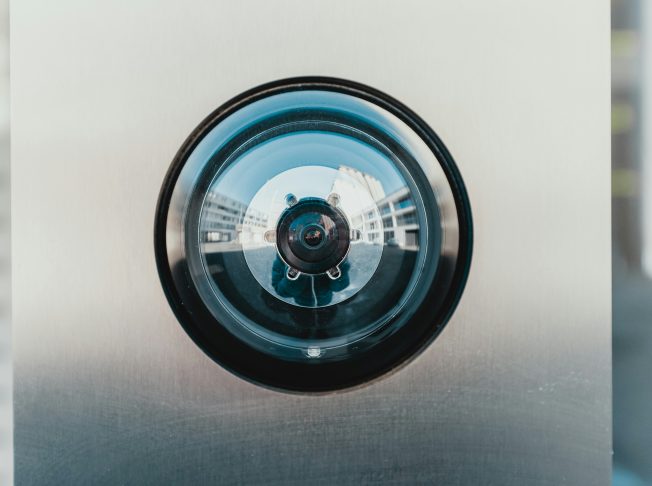What is an NVR for CCTV?

A Network Video Recorder (NVR) is designed to record and store video footage from internet-linked cameras. Unlike traditional Digital Video Recorders (DVRs) that are used alongside analogue cameras, an NVR works with digital IP cameras. These are equipped to capture high-quality video and audio footage over a computer network. NVRs have advanced features and capabilities, such as real-time monitoring and remote access. This makes them highly suitable for use with CCTV systems What is NVR in CCTV, and what is NVR CCTV best for?
Do you need an NVR for CCTV?
People considering installing security cameras at their premises often ask what is NVR in CCTV and if is it required.
Whether or not an NVR is required for your CCTV system will depend on the type of cameras you are using. If you’re using IP cameras which transmit video data via an Ethernet cable, then an NVR is essential to record the footage. NVRs have been developed to work with IP cameras and provide seamless centralised storage and management of video data. This allows users to access, view, and retrieve footage from multiple cameras. A user-friendly interface simplifies the process, making it easier to find the footage you need.
If you’re using analogue cameras, then a DVR would be more suitable. These are designed to work with analogous signals and cameras. Hybrid systems are available that can accommodate both analogue and IP cameras. This provides flexibility and scalability for different surveillance needs.
What are the pros and cons of NVR?
NVR supports high-resolution video recording, making it easier to capture detailed footage from IP cameras. This can be essential for identifying people in the footage. NVR systems are also scalable, meaning they can accommodate additional cameras or storage capacity.
Remote access capabilities allow users to view live or record footage from any location using any device with an internet connection such as a tablet or smartphone. NVRs often also include a range of advanced features such as motion detection and customisable recording settings. However, NVRs can be more expensive and rely upon a stable network connection for reliable performance.
Which is better: NVR or DVR?
The choice between an NVR and a DVR depends on your specific requirements, budget, and existing infrastructure. Both have strengths and weaknesses, with NVRs being essential if you’re using IP cameras and require high-resolution footage and remote access capabilities. If you’re using analogue cameras and have a smaller budget, then a DVR can provide straightforward, cost-effective recording capabilities.
CCTV Systems from Protive Security & Surveillance
If you’re considering a CCTV system for your business or domestic premises, then Protive Security & Surveillance can help. Our team take time to find out about your particular security needs and can design, install and maintain the optimum system for your requirements.
Contact us for an accurate quote for CCTV for your home or business.
Back